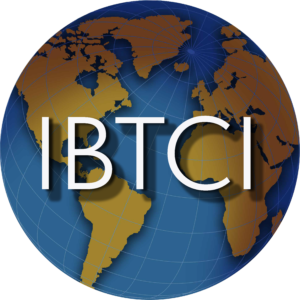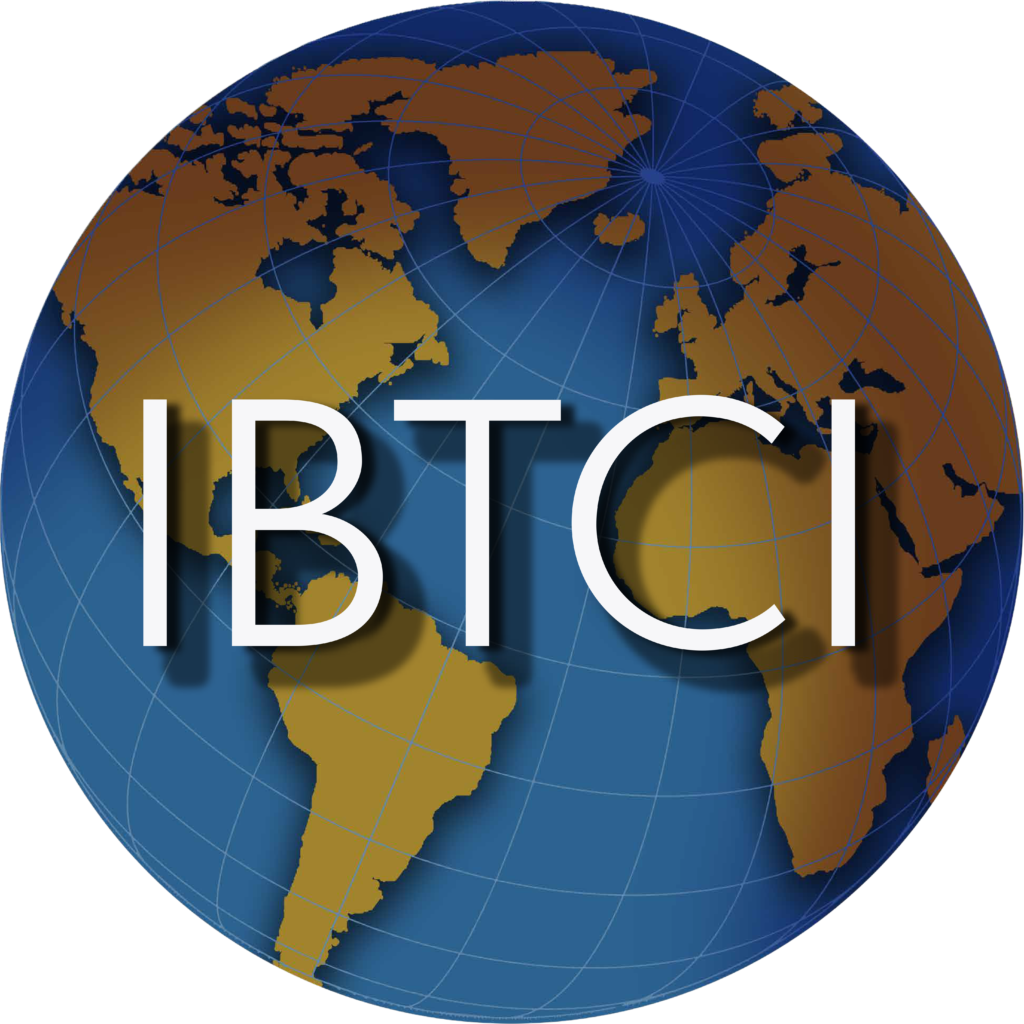 IBTCI has been working since 2018 in Somalia to improve the quality and effectiveness of ongoing aid delivery projects. Through the Somalia Monitoring and Learning Project (SMLP), funded by USAID’s Bureau for Humanitarian Assistance (BHA), IBTCI recently, on September 21-22, conducted a two-day Learning Event in Nairobi, Kenya focused on implementing humanitarian assistance in drought stricken areas. The knowledge gained by those implementing partners on how to make decisions and adaptations in severe drought situations, as well as how to scale up humanitarian programming, was shared among stakeholders and BHA. Attendees included representatives from both USAID BHA’s offices in Somalia and Washington DC, as well as technical officers from BHA’s Implementing Partners (IPs), Third-Party Monitoring (TPM) Partners, US and field staff from SMLP, and other targeted stakeholders.
IBTCI has been working since 2018 in Somalia to improve the quality and effectiveness of ongoing aid delivery projects. Through the Somalia Monitoring and Learning Project (SMLP), funded by USAID’s Bureau for Humanitarian Assistance (BHA), IBTCI recently, on September 21-22, conducted a two-day Learning Event in Nairobi, Kenya focused on implementing humanitarian assistance in drought stricken areas. The knowledge gained by those implementing partners on how to make decisions and adaptations in severe drought situations, as well as how to scale up humanitarian programming, was shared among stakeholders and BHA. Attendees included representatives from both USAID BHA’s offices in Somalia and Washington DC, as well as technical officers from BHA’s Implementing Partners (IPs), Third-Party Monitoring (TPM) Partners, US and field staff from SMLP, and other targeted stakeholders.
The first day of the Learning Event focused on the issues brought by severe, long term droughts. Droughts cause livestock death and crop yields that vary from poor to nonexistent, creating a significant need for nutritional assistance. This lack of resources causes conflict, malnutrition, and internal displacement of peoples. In addition to increased demand for food assistance, droughts bring a greater need for drinking water, sanitation and hygiene supplies, and medical care. This learning event discussed best practices for meeting these needs, and
ways to effectively coordinate assistance among multiple implementing partners.
Another topic discussed on day one was community engagement and listening to the needs of those who receive assistance. This event went over how to effectively implement and sustain feedback mechanisms in situations where there is extreme and prolonged drought, so those implementing assistance can best support those affected by the drought. Complaint feedback mechanisms give insight into where the focus should be, both in short and long term. These mechanisms also help implementing partners to know what assistance is working in practice, and what needs improvement.
The second day of the learning event concentrated on expanding interventions and the challenges in doing so in prolonged droughts. Coordination with the local community and governments is key to successfully increasing the support delivered. However, access to regions most affected by the drought is increasingly limited, especially to remote, rural areas. Additionally, due to both internal displacement and necessary pastoralism, beneficiaries may move around and be difficult to consistently reach, muddying the clarity of the effect of humanitarian assistance. IBTCI and its implementing partners discussed these issues, and shared lessons learned on how to best tackle these challenges.
